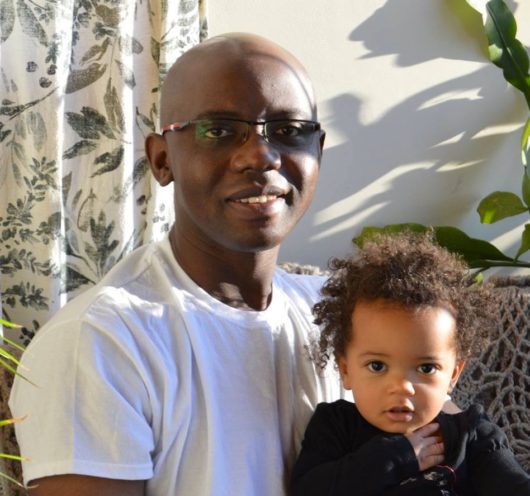One person out of three around the globe lives in a community with no access to a general surgeon. Often, people are separated from physicians with such skills by scores of miles or thousands of dollars. As a result, children, healthy adults and pregnant women die from typhoid intestinal perforations, femur fractures, and labor that fails to progress. Tragic indeed, since treating these diseases is easily within the realm of a surgeon. A moment for perspective: I am a family physician and public health specialist. Nevertheless, I can operate on an intestinal perforation, repair a femur fracture, and perform a cesarean section. Out of compelling necessity, I learned the skills for my service in Angola, southern Africa.
Such breadth of skill is contrary. Instead, the field of surgery continues to rapidly sub-specialize. Today’s general surgeons do not receive formal training in orthopedics or obstetrics, and their experience with procedures outside of the abdomen is often limited. I observe that their ability to learn such non-general-surgery skills is excellent, but it requires intentionality. Enter the concept of global surgeons. These are individuals trained with very broad skills, including anesthesia, too. They are prepared to serve the one out of three persons without a surgeon, and to provide them the spectrum of necessary surgical interventions.
How can thousands of physicians and clinical officers become equipped and credentialed for such service? Some INMED Training Sites, including CEML Hospital and Soddo Christian Hospital, host formal programs to impart these skills, as does the Pan African Academy of Christian Surgeons (PAACS). Sam Fabiano, in this image, is a PAACS graduate serving today in Angola. Experienced surgeons are in high demand to assist programs, such as trained Sam Fabiano, by providing teaching and supervision for trainees. Do you or your colleagues possess surgical skills? Seriously consider contributing your talents toward empowering tomorrow’s global surgeons.

